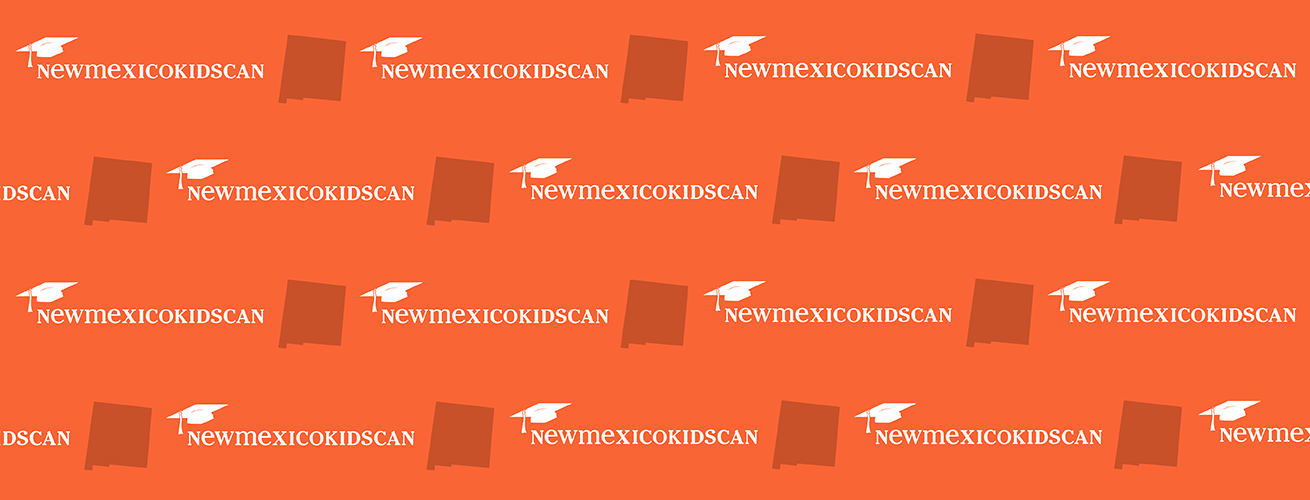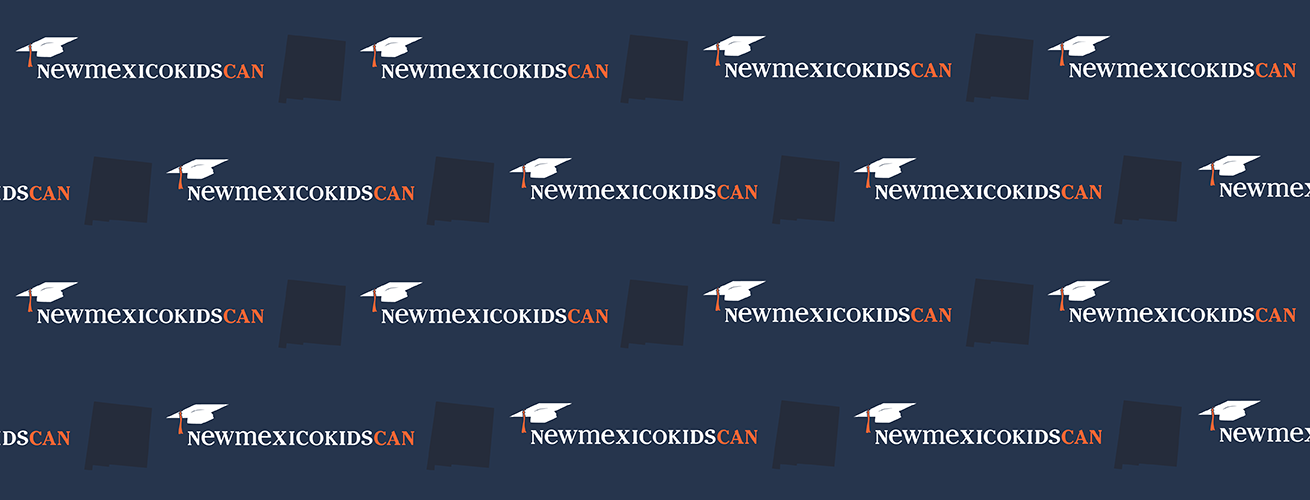Statement from Amanda Aragon, Executive Director
Santa Fe, N.M. – Approximately 71% of New Mexico students are now eligible to receive benefits via a recently approved application for the Pandemic Electronic Benefit Transfer (P-EBT) program submitted by the State of New Mexico to the U.S. Department of Agriculture. The P-EBT, created by The Families First Coronavirus Response Act, provides qualifying households with an EBT card loaded with the value of free school breakfasts and lunches for students during school closure. The value is based on federal reimbursement rates and could provide up to $114.00 per eligible student per month (20 days of meals).
“Implementation of the P-EBT program in New Mexico is critical, and we are thrilled to hear that New Mexico’s application has been approved,” said Amanda Aragon, executive director of the education advocacy non profit NewMexicoKidsCAN. “New Mexico has one of the highest rates of economically disadvantaged students in the country, so it is imperative that we provide access to food during school closure. Utilizing the P-EBT program reduces barriers that prevent students from being able to access breakfast and lunch at their local meal site and minimizes risk of transmission of COVID-19. Both are important and necessary objectives during this global pandemic.”
Funds can be loaded onto existing benefit cards held by SNAP participants. If a family is not currently eligible for SNAP but has children who are eligible for P-EBT benefits, the state will provide a process for distributing a benefit card. According to the USDA approval letter, it is estimated that New Mexico will issue $46.1 million to 69,755 SNAP households and $51.6 million to 85,035 non-SNAP households for school closures extending from March 16, 2020 through June 19, 2020.
“We want to thank New Mexico state agencies including the Public Education Department for working to get the application completed, submitted and approved. We look forward to helping to ensure families are aware of this benefit by collaborating with the NMPED and local school districts in any way we can,” added Aragon.
Additional information about the P-EBT program can be found here:




